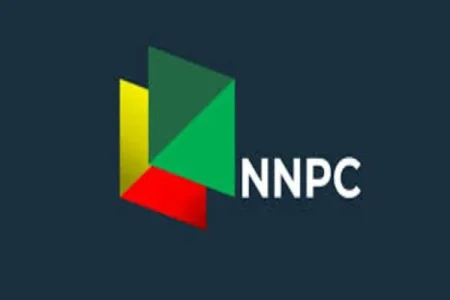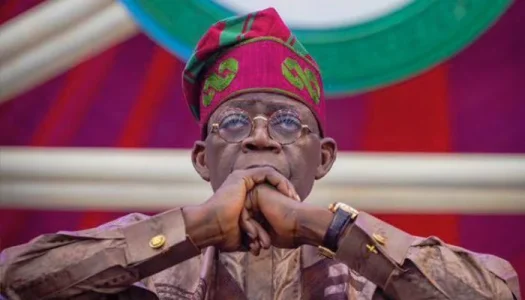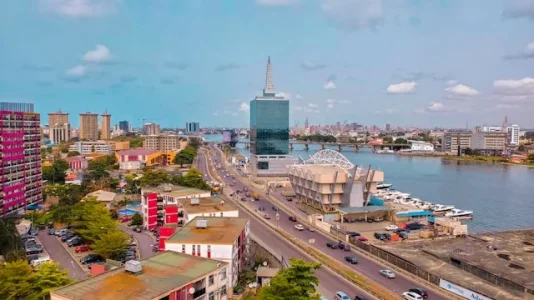nigeria economy
-

Nigeria Nigeria's Crude Oil Production Drops to 1.58 Million bpd in October
The Digest: Nigeria's crude oil output declined to 1.58 million barrels per day in October 2025, reflecting a 1.86% decrease from September's production levels. According to NNPC's monthly report, the drop occurred despite significant financial gains, with the state oil company recording N447...- Nigeria News
- Article
- 1 min read
- crude oil nigeria economy nnpc
- Category: Business
-

Nigeria How Nigeria Won Its Way Back From FATF's Grey List After Two Years of Reforms
The Digest: Nigeria has successfully exited the FATF grey list following two years of intensive financial system reforms that addressed critical deficiencies in anti-money laundering and counter-terrorism financing. The delisting, announced at the global watchdog's October plenary, marks a...- Nigeria News
- Article
- 1 min read
- fatf nigeria economy
- Category: Business
-

Nigeria FATF Removes Nigeria, South Africa from Money Laundering Grey List
Image Credit: Deyon Daniel The Digest: In a significant boost for Africa's largest economies, Nigeria and South Africa have been removed from the Financial Action Task Force's "grey list" of countries subject to increased monitoring for money laundering and terrorist financing. The delisting...- Nigeria News
- Article
- 1 min read
- atf nigeria economy south africa
- Category: Business
